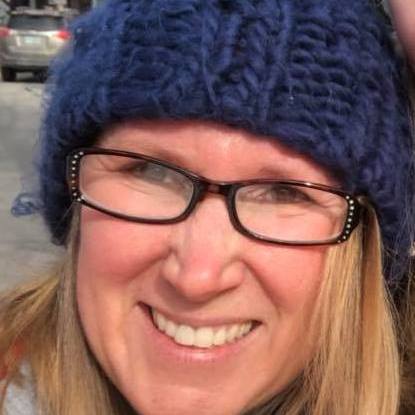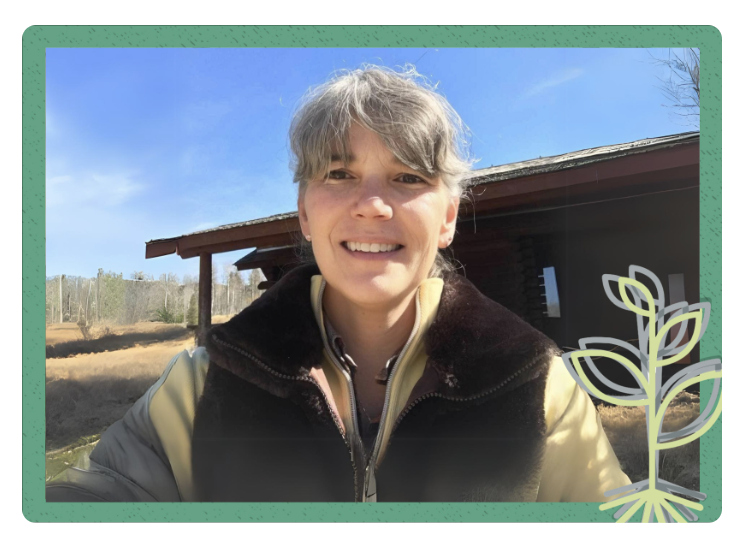
Don’t you think February- theoretically the shortest month of the year- is just too long? I don’t know if it’s the dark, the post-holiday letdown, or the brutal winter chill, but it seems to go on forever, and the emotional toll it takes, well, it seeps into every corner of my life.
These days when it seems like everyone is starting from a not-great place, the need to find a way to feel better is more than just a matter of comfort- it’s a matter of survival. We need to practice getting from dysregulation to regulation because our students need us (and by us I mean all the adults in their lives) to show them how to do it.
We can call this self-care or Adult SEL, but the need to become experts in getting ourselves out of our amygdala and back into our pre-frontal cortexes (collectively speaking) is no longer something that we can deny.
We talk a lot about SEL when it comes to students, but not so much when it comes to adults. The same ideas apply, though. The purpose of Adult SEL is to:
- examine identity;
- explore emotions;
- cultivate compassionate curiosity;
- orient toward optimism; and.
- establish balance & boundaries.
Of course, I’d be remiss if I didn’t mention that mindfulness practices like the ones we teach in our Mindfulness for Educators courses can be incredibly helpful in achieving those goals- and we’re not the only ones who think so!

In fact, the newest edition of the Seedfield podcast features Susan Dryer Leon discussing mindfulness and how it can be a valuable approach for teachers to bring compassion and non-reactiveness into their classrooms. (Don’t miss her Field Notes, too!)
This month I’m sharing some resources and tools that can help you move towards a better understanding of why- and how- you can bring yourself back to, well, yourself when you’re having a hard time.
Here’s hoping your February is filled with inspiration, reflection, balance, boundaries, optimism, compassionate curiosity, and love.
Ideas you’ll want to CONNECT with
- Social-Emotional Learning Starts with Adults | ASCD
- The Necessity of Boundaries | Edutopia
- Schools Prioritizing Social-Emotional Learning See Strong Academic Benefits | The 74
- Why Mindfulness Strengthens Social-Emotional Development and Academic Achievement | Waterford
Tools you’ll want to USE this month:
- How to Get Yourself in the Best Emotional State for Different Circumstances | VeryWellMind Podcast | Transcript
- A Project to Build a Sense of Safety and Connection | Edutopia
- Social Emotional Learning Activities for Adults | CASEL
- 6 Ways to Create Work-Life Balance | NEA
- The Role of Boundaries in Teaching – It’s Complicated | Victoria Healey
- Setting boundaries: A guide for staff in schools | Education Support UK
